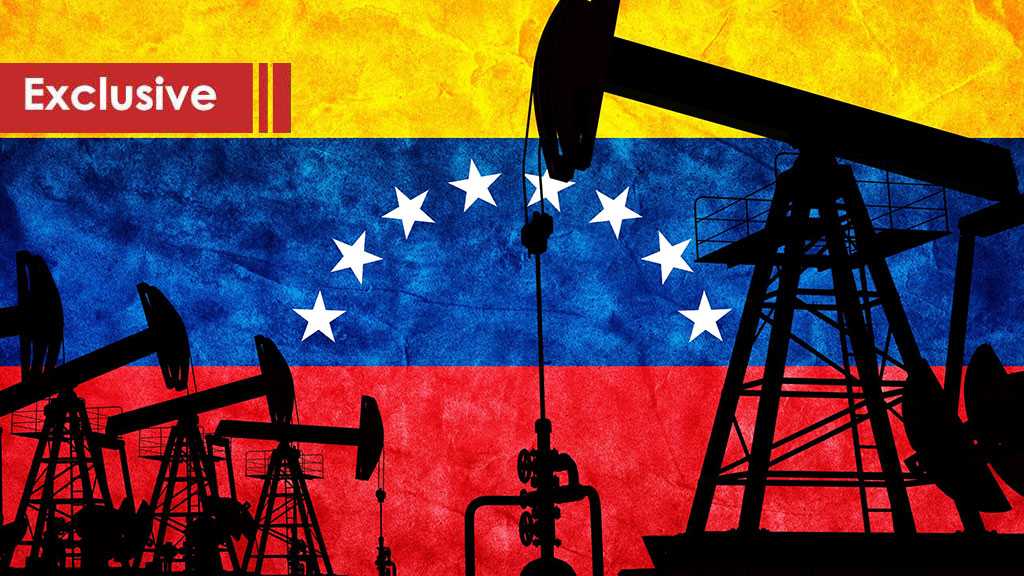The Assassination of Charlie Kirk: Free Speech, Political Violence, and the Shadow of ’Israel’

By Mohamad Hammoud
In the span of a single year, the United States has witnessed the assassination of four high-profile political figures. The most recent—the killing of conservative activist Charlie Kirk—has ignited a firestorm of speculation, fear, and political recrimination. Kirk, founder of Turning Point USA and a leading voice in America's conservative movement, was shot dead by a sniper while speaking at Utah Valley University on September 10, 2025. The FBI has described the killing as a "targeted political assassination," and as of this writing, no suspect has been apprehended. Beyond the immediate horror lies a deeper question: is America still safe for free speech, and what does Kirk's death mean for the future of political dissent?
Who Was Charlie Kirk?
Charlie Kirk was no fringe figure. Over the past decade, he turned Turning Point USA into a conservative powerhouse, becoming a media fixture, a regular at GOP events, and an evangelical whose staunch support for "Israel" won him favor among American Christian Zionists. He visited "Israel" multiple times and built ties with senior figures. Al Jazeera reported that Netanyahu called him "a lion-hearted friend of ‘Israel’" and noted he had invited Kirk just two weeks before his death. At the same time, Foreign Minister Gideon Saar praised him as embodying "Judeo-Christian values."
For years, Kirk's defense of "Israel" seemed unshakable—but in recent months, cracks appeared.
A Subtle Shift on "Israel" and Gaza
According to multiple reports, in his final weeks, Kirk began to distance himself from an unconditional stance toward "Israel," particularly over the humanitarian crisis in Gaza. Al Jazeera noted that he hosted panels with young conservatives questioning the US–"Israel" relationship and voiced opposition to legislation penalizing boycotts or criticism of "Israel." On X [formerly Twitter], he wrote: "In America, you are allowed to hold differing views. You are allowed to disagree and protest."
Al Jazeera also reported that he warned many in the MAGA base opposed US entanglement in foreign wars, even in support of "Israel," especially after controversial strikes such as "Israel's" air attack in Doha. At times, reporters observed him pushing back when pro-“Israel” advocates tried to equate criticism of “Israeli” policy with antisemitism.
Reporting Threats and the Mossad Speculation
In addition to the shift in public statements, there are circulating reports that Kirk had been threatened by "Israel" if he continued to soften his stance. One tweet by Harris Smith, producer of American Journal, claimed that Kirk's associates believed "Israel" had made threats. Social media accounts such as "Syrian Girl" picked up on this claim, noting that Kirk's move from staunch advocate to cautious critic had been rapid.
As of now, no independent evidence confirms Mossad or any foreign intelligence agency's involvement in the assassination. The timing of Kirk's death—shortly after "Israel's" controversial Doha strike—has raised eyebrows. Some commentators have highlighted other past remarks by Kirk, including suggestions regarding Jeffrey Epstein that touched on Mossad, as fueling speculation. "He defended 'Israel' his entire career… until the final months when he condemned the Iran war and called out Epstein as Mossad. Two weeks later, he's dead," wrote conservative commentator Jackson Hinkle.
The Broader Climate of Political Violence
Kirk's death did not happen in isolation. Al Jazeera has compiled a recent history of political violence: a federal judge in Texas was killed, a state senator in Minnesota was shot dead, and two assassination attempts on former President Donald Trump. Meanwhile, so-called National Guard troops have been deployed in cities like Chicago and Los Angeles amid rising civil unrest. President Trump has reportedly threatened to use military force in Democratic-led towns, accusing them of harboring "domestic terrorists."
In this context, Kirk's transformation—from an outspoken supporter of "Israel" to someone who allowed mild criticism—becomes more than personal. It becomes emblematic of the risk inherent in dissent. What was once protected as opinion now seems dangerous.
The Stakes: Free Speech Under Threat
America was founded on the idea that speech, however unpopular, should be protected. But in 2025, that principle feels fragile. When criticism of "Israel" can be met with accusations of antisemitism, when protests are shut down, and now when an activist is killed, free speech appears to be under siege.
Kirk's case is primarily symbolic: for most of his life, he defended the very power structures that now appear, in a sudden turn, capable of silencing dissent—possibly through lethal force. Loyalty, it seems, may no longer guarantee safety—especially when views shift.
Conclusion: A Republic at a Crossroads
Charlie Kirk's death is a warning. Political violence is becoming disturbingly routine. Foreign influence—real or alleged—is increasingly woven into domestic narratives. And the promise of free expression, enshrined in the First Amendment, is under intense trial.
Whether Kirk was killed by a lone extremist, by domestic political actors, or through foreign machinations, the result is the same: a voice has been silenced, a line may have been crossed. The question for Americans isn't merely who killed Charlie Kirk, but whether the nation still has the strength—legally, politically, and morally—to guard free speech against the next threat.
Comments




